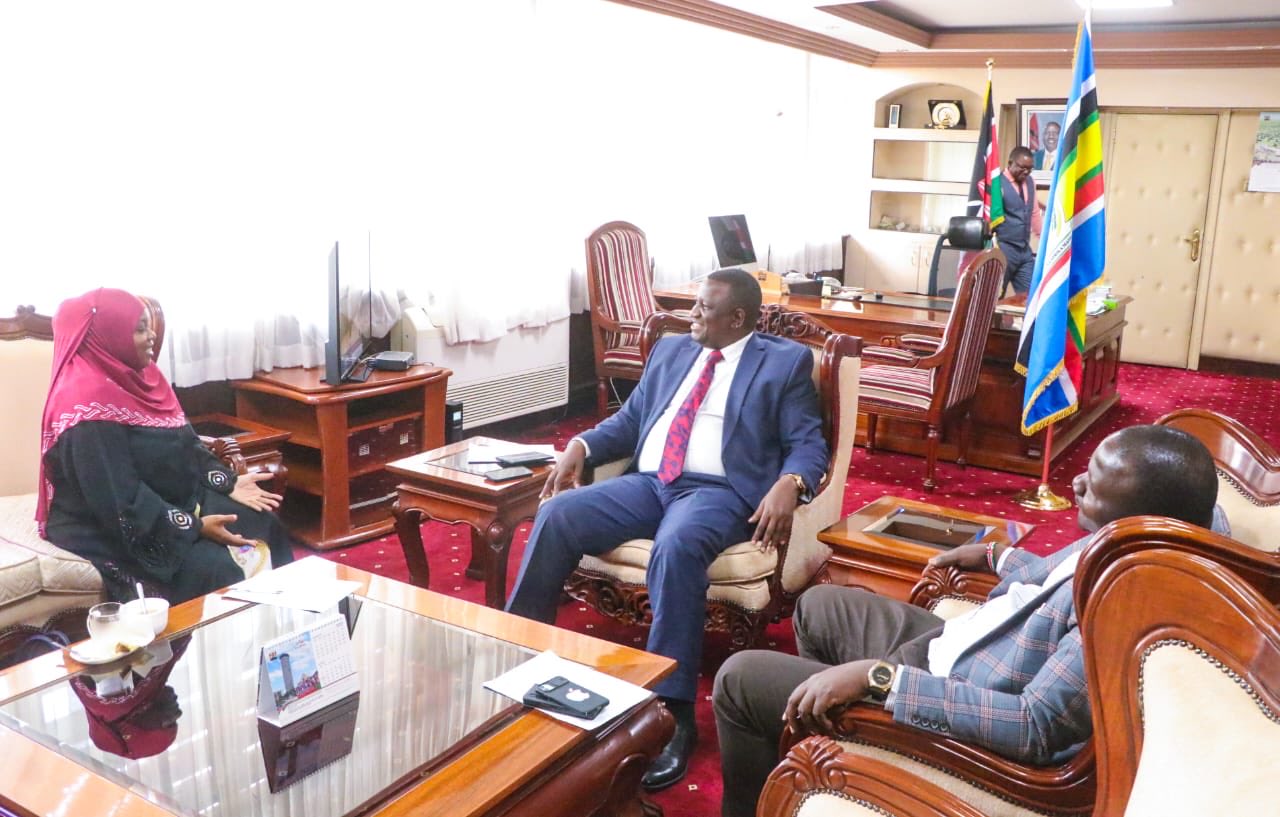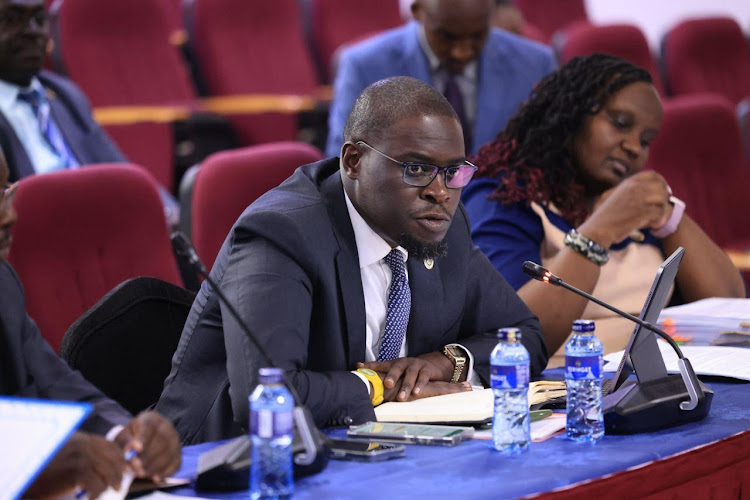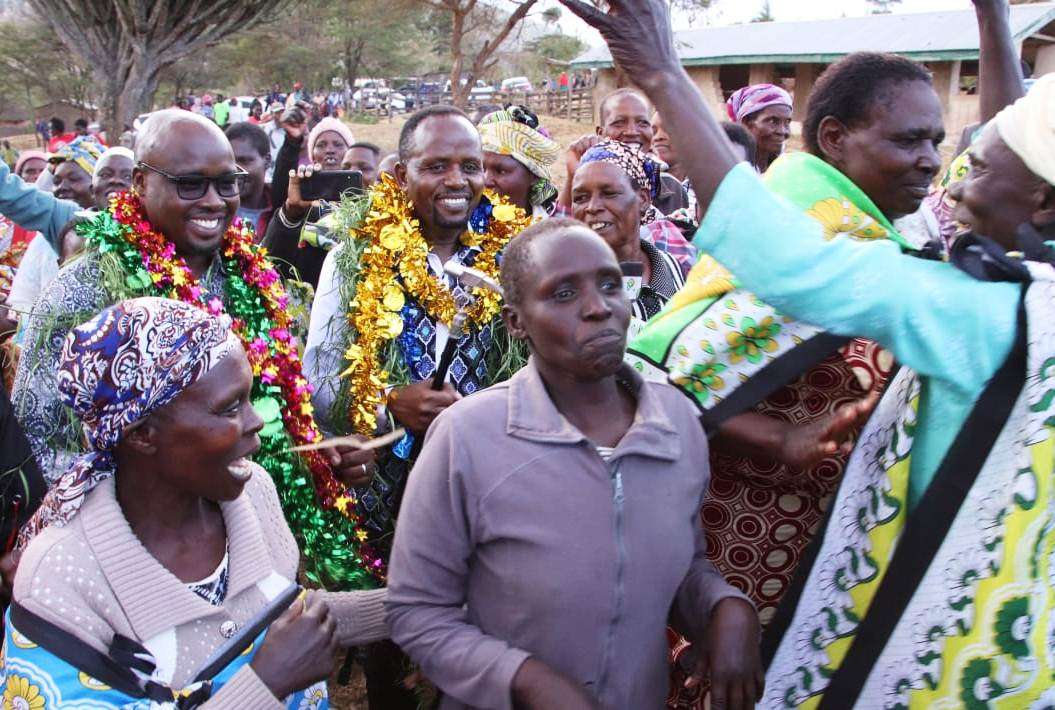By TWV Team
As the country marked 15 years since the promulgation of the new constitution and the birth of devolved government last week, residents of Kwale County were instead raising serious questions about the management of public funds by their county government, following revelations by the Auditor-General of massive cost inflation, delayed timelines, and stalled construction work on the official residence for the county governor.
To unlock the full article:
Choose one of the options below:
- Ksh 10 – This article only
- Ksh 300 – Monthly subscription
- Ksh 2340 – Yearly subscription (10% off)
The project, whose details are captured in the Auditor-General’s report for the financial year ending June 2024, began with a contract signed on 5 April 2018. It has since come under intense scrutiny for breaching government spending limits and failing to deliver value for taxpayers’ money.
The contract, initially valued at Ksh149,374,374 and expected to be completed within twelve months, remains incomplete more than seven years later, despite additional funds being injected into the project.
The project was initiated by Salim Mvurya during his ten-year tenure as Kwale County Governor. He has since joined the Cabinet as CS for Sports, the Arts, and the Creative Economy.
According to audit findings, the initial estimated cost of Ksh149,216,375 was already a major red flag. This figure significantly exceeded the Ksh45 million budget ceiling set by the Salaries and Remuneration Commission (SRC) through a circular dated 3 May 2019. The budget breach amounted to Ksh104,216,375, more than three times the approved spending limit for such a facility.
County officials later attempted to justify the excess expenditure by arguing that the contract had been signed before the SRC circular was issued. In November 2019, the county formally requested ratification from the SRC, which declined. The Senate, when consulted in April 2020 through its Standing Committee on Finance and Budget, also distanced itself from the issue, stating that it had no mandate to vary or interfere with contracts to which it was not a party.
Despite the lack of regulatory approval, the county went ahead and further increased the contract sum by Ksh34,403,702 on 5 May 2019, bringing the revised project cost to nearly Ksh184 million. This move raised concerns over possible abuse of procurement regulations and disregard for fiscal oversight.
The project suffered multiple delays and was granted an initial extension to 5 August 2019. A further extension pushed the deadline to 28 January 2022, but work on the site remained slow. In a letter dated 6 December 2021, the county issued a formal notice of contract termination based on a recommendation by the Director of Public Works, who cited slow progress and an expired contract bond.
By this time, the contractor had raised multiple financial claims against the county, citing delayed payments, idle labour, and equipment costs. On 4 July 2020, the contractor submitted a claim of Ksh27.6 million that included: Ksh3.6 million in interest for delayed payments, Ksh3.3 million for idle labour between December 2019 and June 2020, Ksh17.5 million for idle equipment over the same period, and Ksh3.1 million in extended preliminary costs.
Further communication from the contractor, dated 10 March 2022, warned the county of an imminent work stoppage due to unpaid claims. The contractor sought an additional Ksh18.7 million for time extensions and Ksh19.1 million for other contract-related delays.
As of August 2023, the county had already disbursed Ksh119,789,114 to the contractor. Despite this, the contractor abandoned the site, accusing the county executive of failing to honour its end of the agreement. The contractor is now demanding a further Ksh61,972,096, citing breach of contract and unpaid claims.
In the 2023/2024 financial year, the county allocated an additional Ksh11 million to the same project. However, there has been no visible progress at the site, and the contractor has not resumed work.
The stalled construction project has sparked outrage among local residents and civil society groups, many of whom are now demanding accountability from the county leadership. With over Ksh130 million already spent, critics argue that the county has little to show for the enormous expenditure.
“This is a clear example of poor planning, lack of oversight, and possible mismanagement of public resources,” said one governance watchdog based in Mombasa. “The governor’s residence should never have cost this much in the first place.”
Auditors have also flagged the project, noting that value for money could not be ascertained, given the current state of the incomplete and stalled development. As pressure mounts, there are growing calls for an independent investigation into the matter, with some urging the Ethics and Anti-Corruption Commission (EACC) to step in and probe the entire tendering and implementation process.
Meanwhile, the residents of Kwale continue to wait, not for a new governor’s mansion, but for answers.
[/full]




